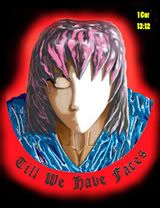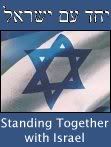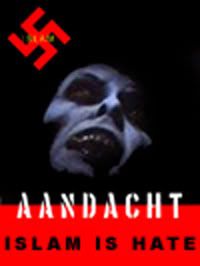Narrowing The Focus
Cardinals Hint at Profile of New Pope: Presence Preferred
By LAURIE GOODSTEIN and DANIEL J. WAKIN
ROME, April 9 - The Roman Catholic Cardinals will take an oath of secrecy when they enter the conclave to elect the next pope, but in the week since John Paul II's death many have been publicly dropping hints about what kind of man the church now needs.
But since the pope's death, the cardinals have said they are looking for someone who can project universal appeal with a personal humility and pastoral presence that embodies the message of the gospel, as they say John Paul did. It is not, many cardinals said in interviews, that they must choose a great orator.
Aside from age and geography, they also have different priorities for the next pope to emphasize as he carries out his public ministry.
One is the need to continue forging closer ties with other religions and other Christian denominations. Many cardinals emphasized last week the need for increased dialogue with Muslim leaders. "You don't want a clash of religions," said Cardinal Avery Dulles, a theology professor at Fordham University and a nonvoter. He identified ecumenism as one of two priorities for the next pope along with pushing forward with John Paul's effort to evangelize in the West.
Several cardinals have indicated a strong desire for someone with the pastoral qualities of cardinals who are also archbishops.
One man who fits many of the current criteria is Cardinal Dionigi Tettamanzi, 71, the archbishop of Milan. He reminds many Italian Catholics of an earlier much-beloved pope, John XXIII, with his plump appearance and his warmth. He is a son of the working class, and spoke in support of antiglobalization protesters in 2001 at the meeting of major industrialized nations in Genoa, where he told the thousands of demonstrators, "One African child sick with AIDS counts more than the entire universe."
He is also a conservative intellectual, close to Opus Dei, who is said to have helped John Paul write several key encyclicals. He has published a book on bioethics, an expertise that would be crucial for the next pope.
Another whose name is often mentioned is Claudio Hummes, the archbishop of São Paulo who speaks five languages and looks much younger than his 70 years. Brazil has the largest number of Catholics of any country, but the church is facing a serious challenge from the Protestant evangelical movement. As a bishop early on, he opposed Brazil's military government and backed striking workers. Since then, he has grown more conservative and once chastised a priest for suggesting that condoms should be used to fight AIDS.
They may opt for an older interim figure, someone who would help the church pause for breath in the aftermath of one of history's longest and most eventful papacies. A candidate for that role would be Cardinal Joseph Ratzinger, who worked closely with John Paul for 24 years as the chief overseer of church theology and is deeply respected for his learning and decisiveness. He is also the dean of the cardinals, effectively their chairman and guiding force, and is one of only three cardinal electors who have ever attended a conclave.
But age may hurt. Cardinal Ratzinger turns 78 on Saturday. "This is a very strong personality, of great intelligence, faith and openness," Cardinal Zenon Grocholewski told Reuters. "The problem is his advanced age."
Francis Arinze, 72, of Nigeria, who is also heavily involved in relations with Muslims, is a perennial favorite.
Cardinal Arinze has been a Vatican official for 20 years, and is head of the department regulating worship and the sacramental practice. He converted to Catholicism at the age of 9. While his spiritual credentials are strong, critics have said he lacks imagination. His language can be strong. A year ago he said that a Roman Catholic politician who supports abortion "is not fit" to receive communion, and he has criticized homosexuality as having "mocked" the family.






0 Comments:
Post a Comment
<< Home